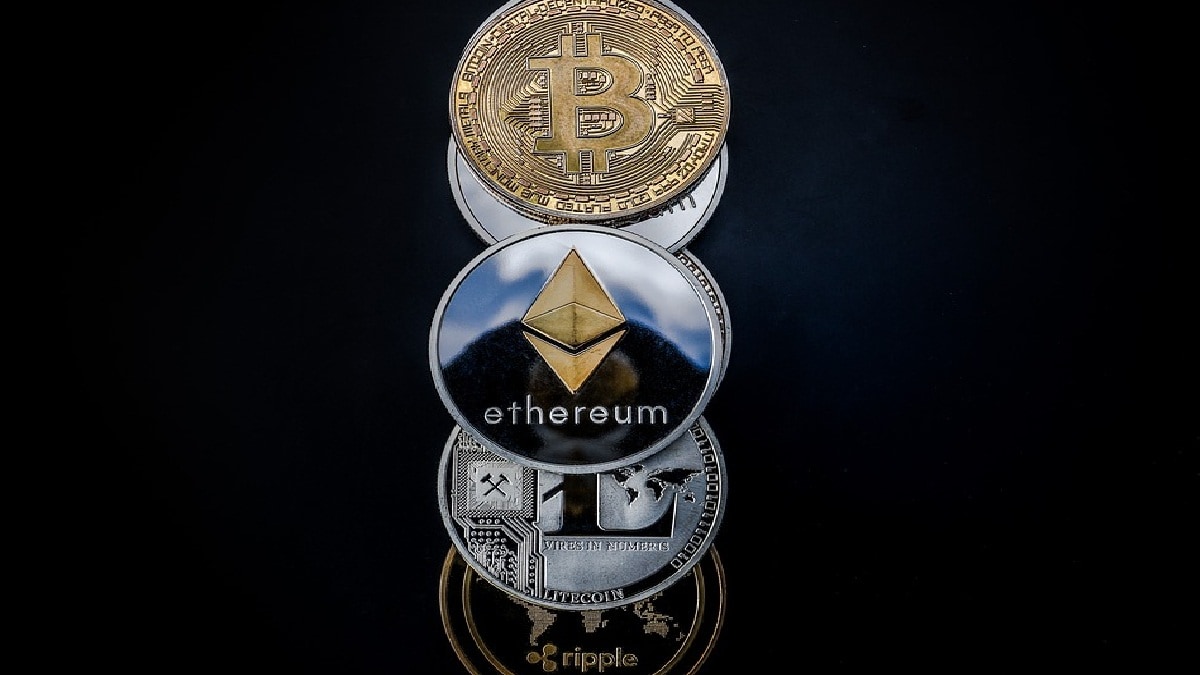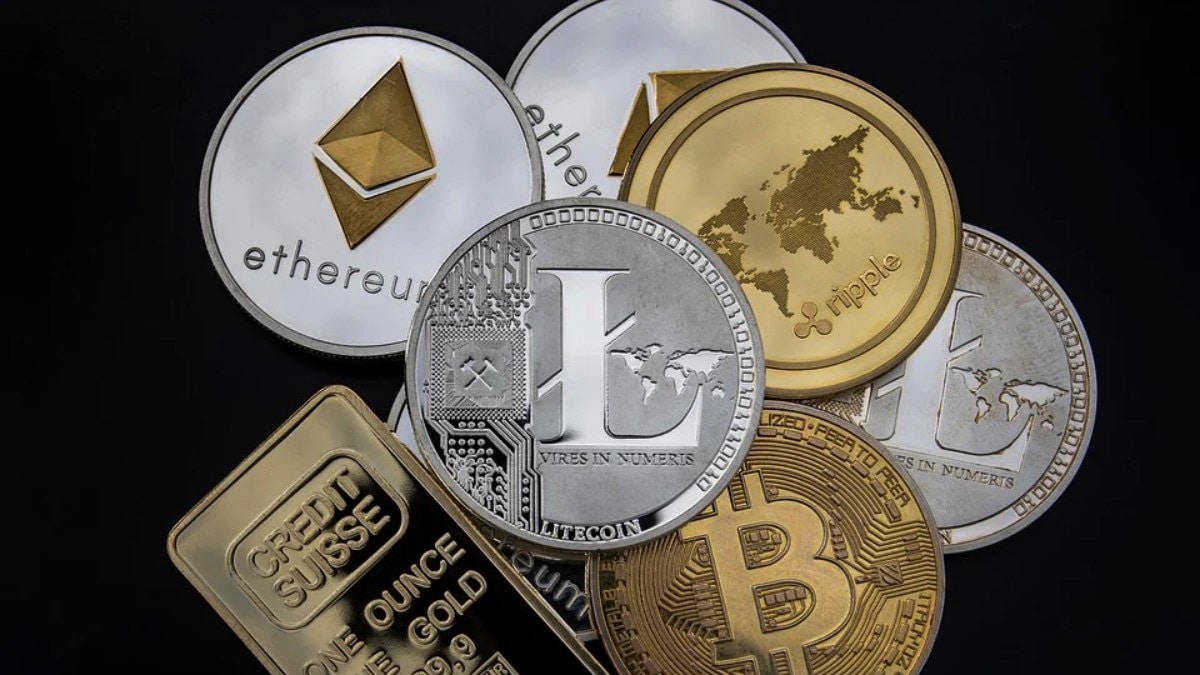When two individuals or legal entities decide to exchange assets directly with each other, this process is called peer-to-peer (P2P) trading. In these transactions, the need for an intermediary is eliminated, which reduces the fee of that intermediary, making the transaction process more cost-effective. Before cryptocurrencies were introduced, computers used the P2P method to handle file sharing. Crypto assets can now be exchanged directly between two countries – bringing the element of decentralization to financial transactions.
Satoshi Nakamoto, the anonymous creator of Bitcoin, intended to reduce reliance on centralized organizations such as banks to process financial transactions between two or more organizations. To do this, Nakamoto created Bitcoin as the world’s first cryptocurrency that could process financial transactions and validate them on encrypted blockchains rather than from a centralized intermediary. P2P crypto exchanges are more private than traditional transactions and are largely anonymous.
To complete a pure P2P crypto transaction, one party enters the other’s wallet details to process the transaction. To further simplify this process, along with adding a layer of security to these transactions – crypto exchanges have appeared on the scene. However, it is worth noting that despite cleverly worded advertisements, crypto exchanges do not conduct P2P transactions. These companies fall under the regulations of the countries in which they operate.
In recent days, law enforcement agencies in India have issued cautionary warnings to those involved in peer-to-peer crypto trading. If both parties involved in such transactions do not fully know each other, it can lead to financial loss for the sending party.
As the crypto sector expands and P2P trading becomes more accessible, the scope of cyber fraudsters to identify potential victims has become commonplace. Through social networking channels such as Telegram, LinkedIn and X – scammers can exploit unsuspecting people.
Indian authorities have informed the crypto community of an increase in scams related to P2P crypto transactions.
Are you trading crypto in P2P mode – Be careful, you might be
trading with a potential cyber scammer!Various forms of cyber fraud are increasingly prevalent, causing unsuspecting victims to fall victim to schemes where they unknowingly transfer funds to accounts provided by… pic.twitter.com/6dyCQZKtdD
— Sudhakar Udumula (@sudhakarudumula) May 2, 2024
As part of their suggestions to the crypto community, authorities asked people not to engage with messages from unknown numbers, to remain cautious while processing asset transfers to someone they don’t know, and to keep law enforcement informed of suspicious individuals.
https://www.gadgets360.com/cryptocurrency/news/peer-to-peer-p2p-crypto-trading-india-warning-scams-5581354#rss-gadgets-all






